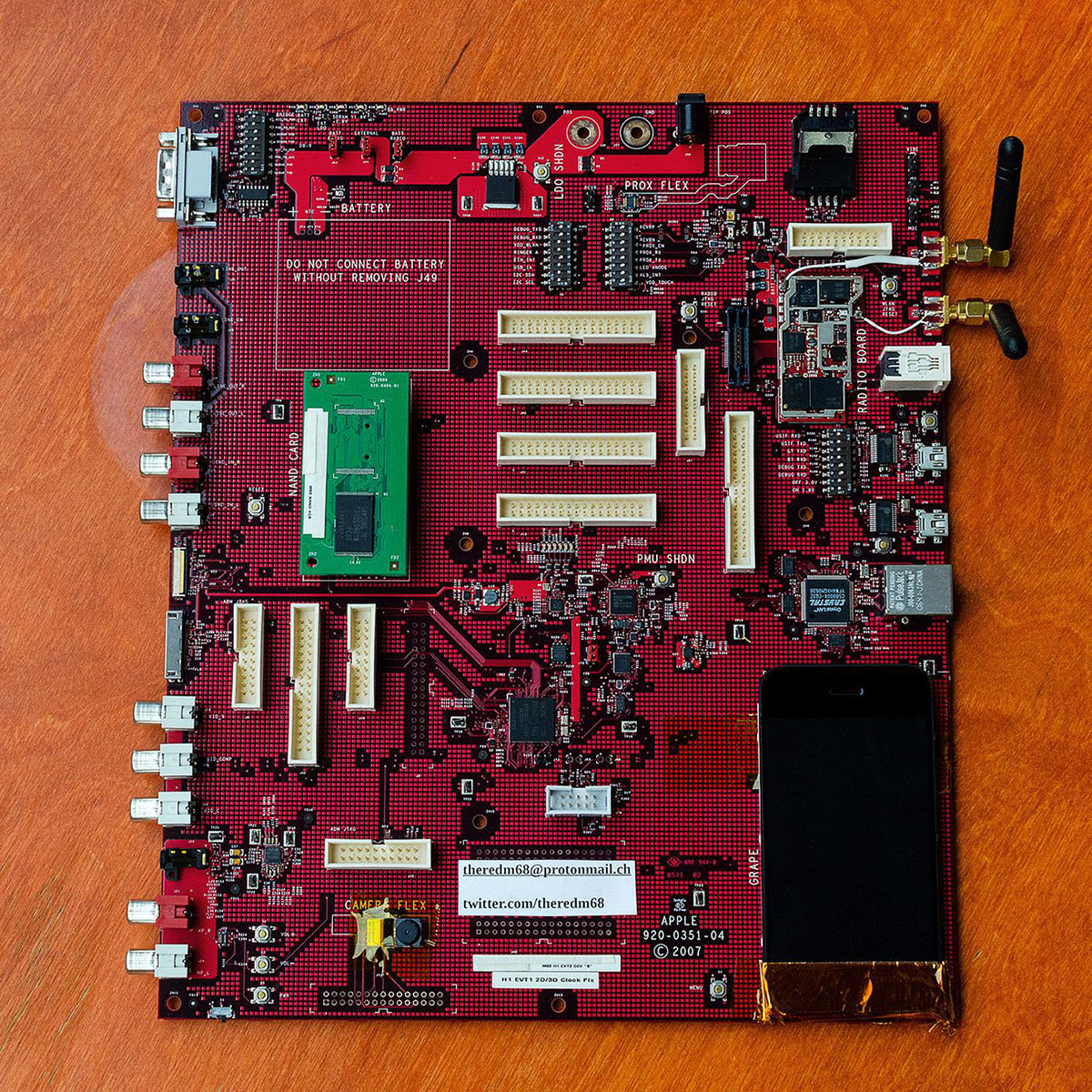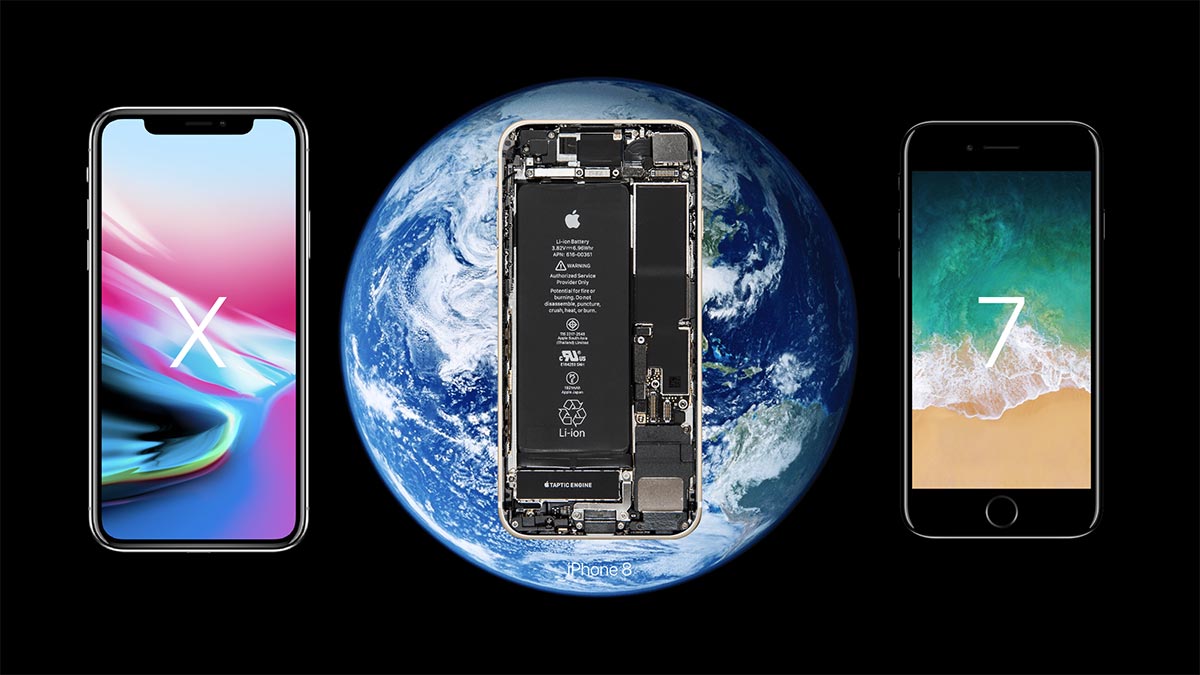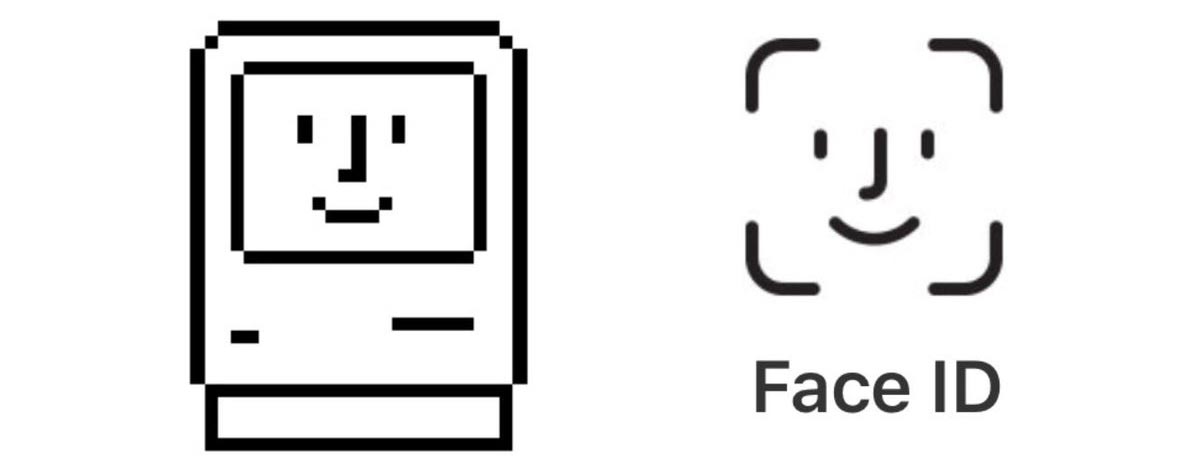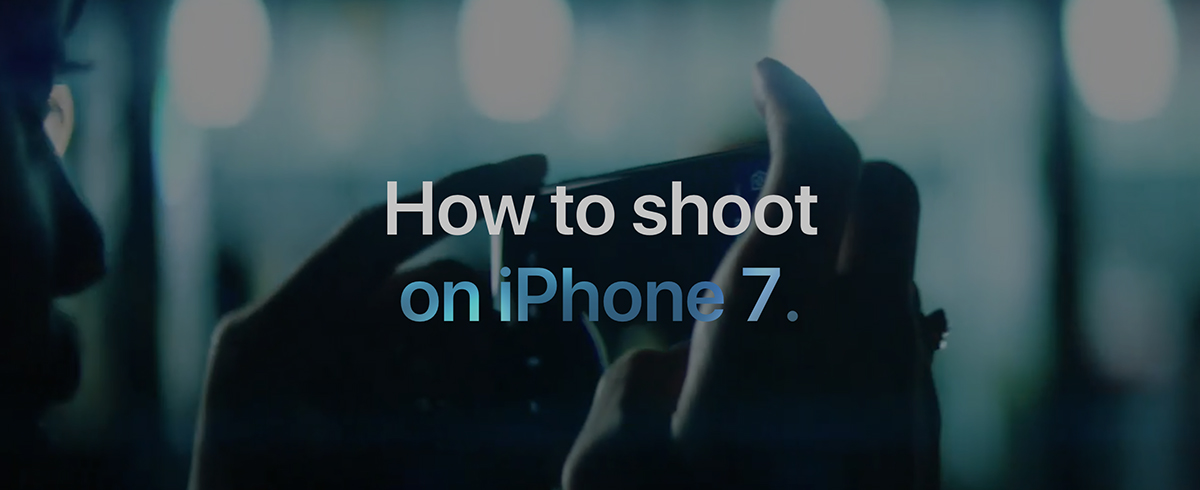A 10 anni dalla presentazione dell'iPhone, The Verge pubblica un estratto di The One Device: The secret history of the iPhone in cui Brian Merchant ripercorre la genesi del prodotto che ha rivoluzionato il nostro modo di comunicare.
If you worked at Apple in the mid-2000s, you might have noticed a strange phenomenon afoot: people were disappearing.
It happened slowly at first. One day there'd be an empty chair where a star engineer used to sit. A key member of the team, gone. Nobody could tell you exactly where they went.
"I had been hearing rumblings about, well, it was unclear what was being built, but it was clear that a lot of the best engineers from the best teams had been slurped over to this mysterious team," says Evan Doll, who was then a software engineer at Apple.
Here's what was happening to those star engineers. First, a couple of managers had shown up in their office unannounced and closed the door behind them. Managers like Henri Lamiraux, a director of software engineering, and Richard Williamson, a director of software.
One such star engineer was Andre Boule. He'd been at the company only a few months.
"Henri and I walked into his office," Williamson recalls, "and we said, 'Andre, you don't really know us, but we've heard a lot about you, and we know you're a brilliant engineer, and we want you to come work with us on a project we can't tell you about. And we want you to do it now. Today.'"
Boule was incredulous, then suspicious. "Andre said, 'Can I have some time to think about it?'" Williamson says. "And we said, 'No.'" They wouldn't, and couldn’t, give him any more details. Still, by the end of the day, Boule had signed on. "We did that again and again across the company," Williamson says. Some engineers who liked their jobs just fine said no, and they stayed in Cupertino. Those who said yes, like Boule, went to work on the iPhone.
And their lives would never be the same — at least, not for the next two and a half years. Not only would they be working overtime to hammer together the most influential piece of consumer technology of their generation, but they'd be doing little else. Their personal lives would disappear, and they wouldn’t be able to talk about what they were working on.
LEGGI ALTRO...




